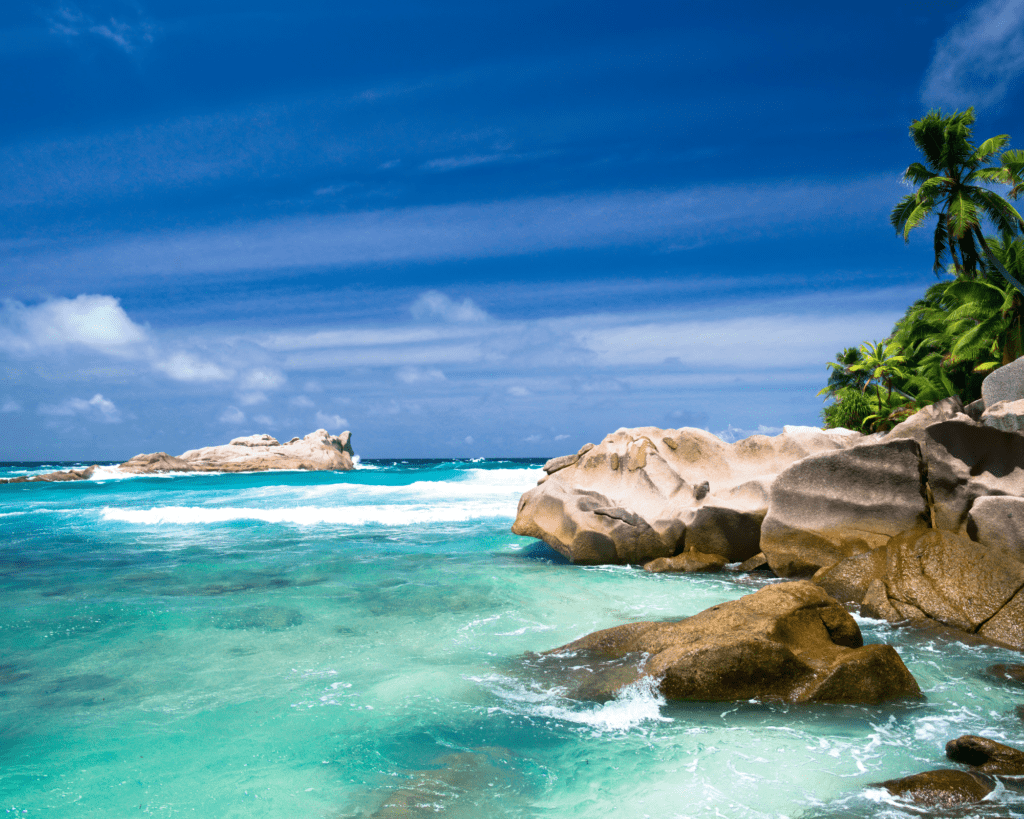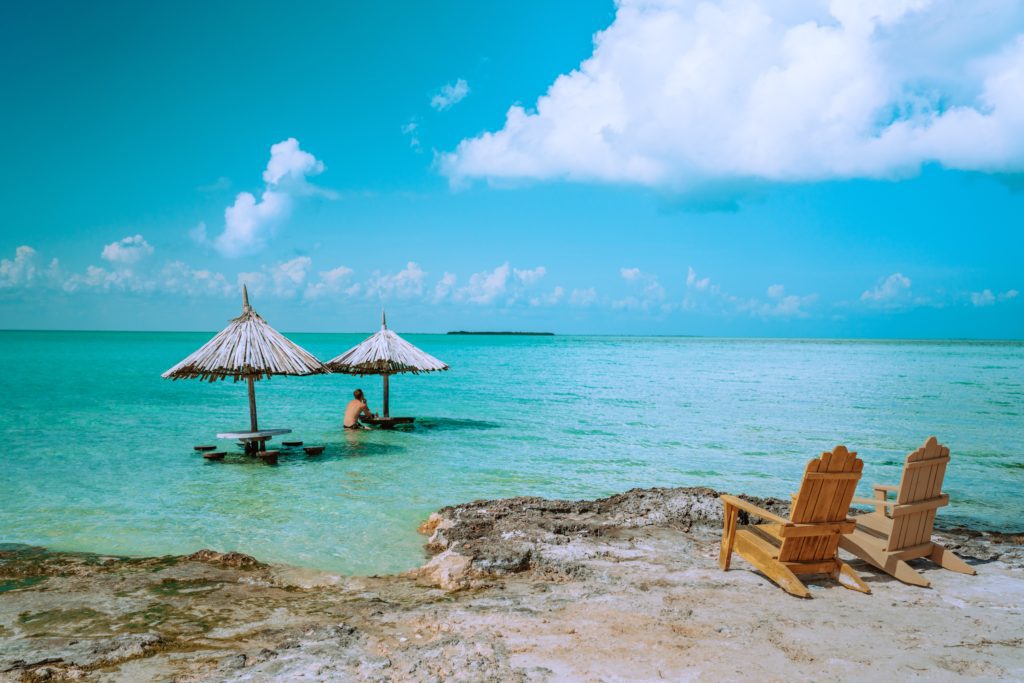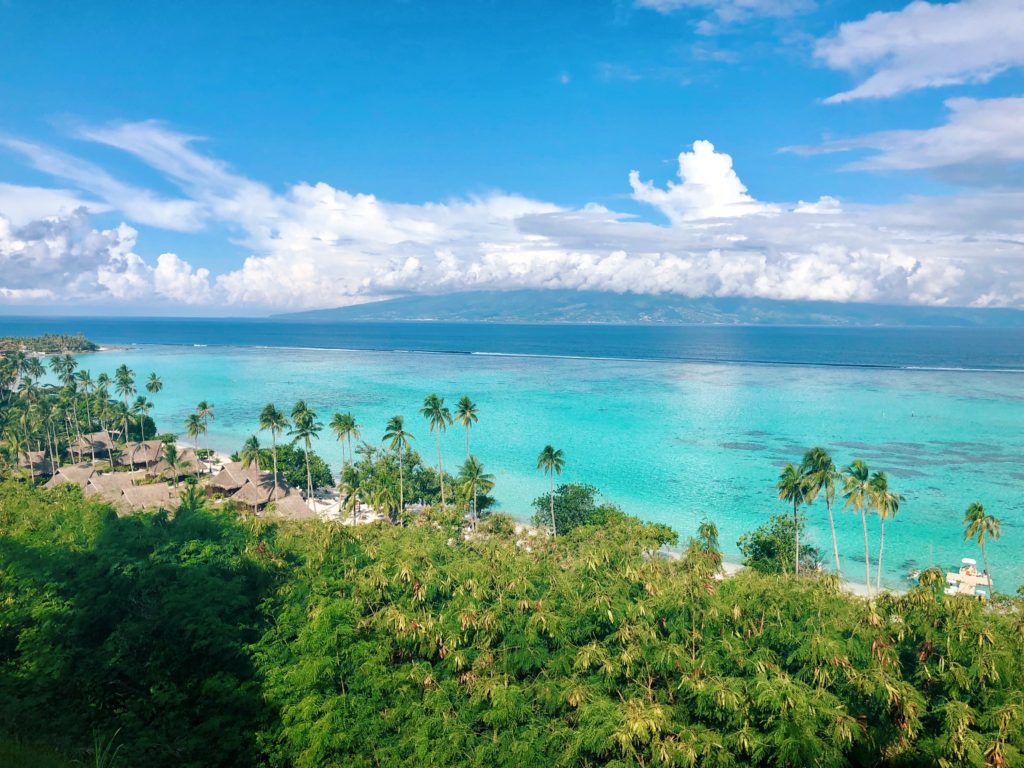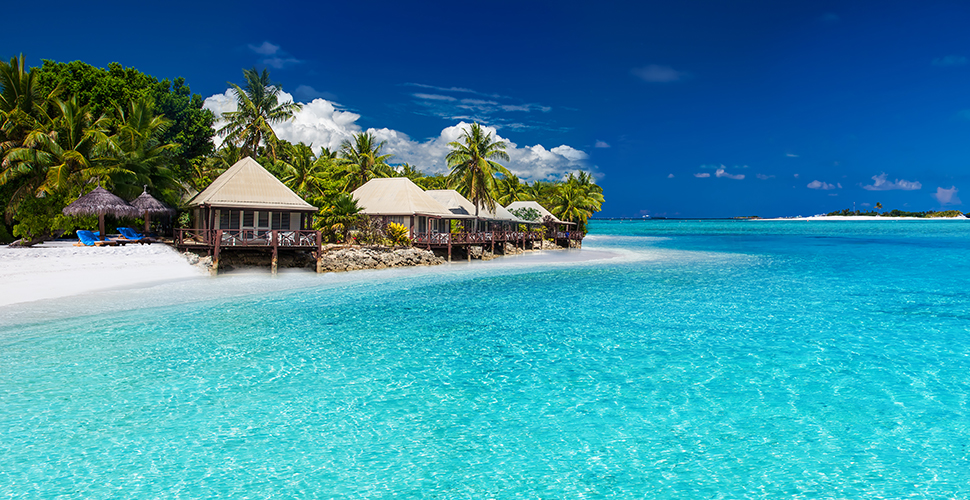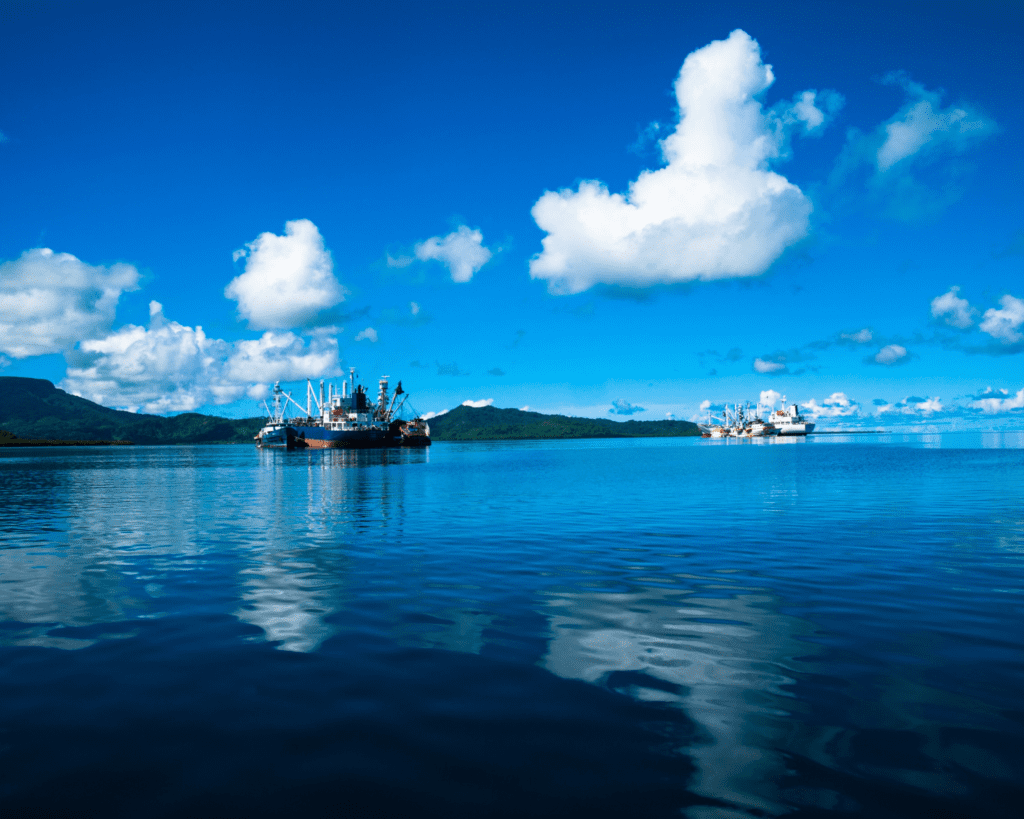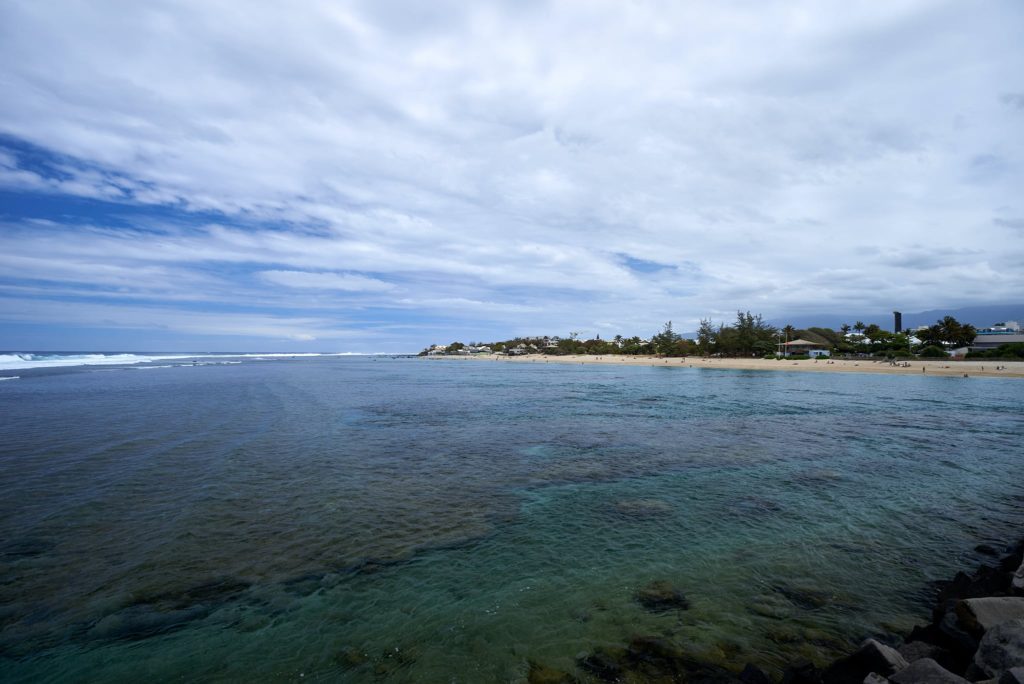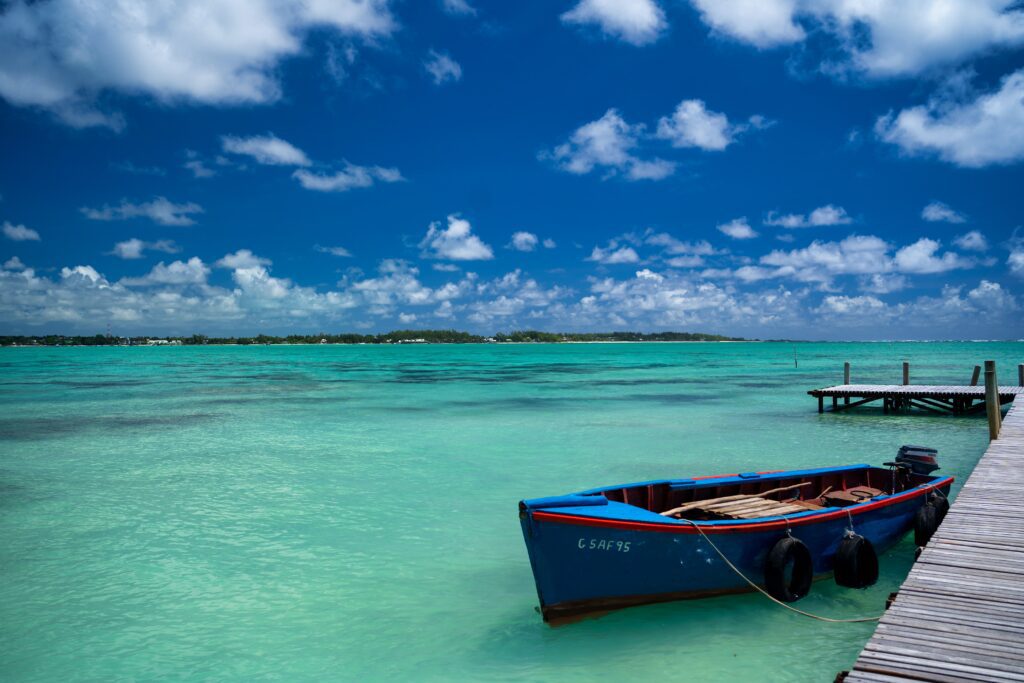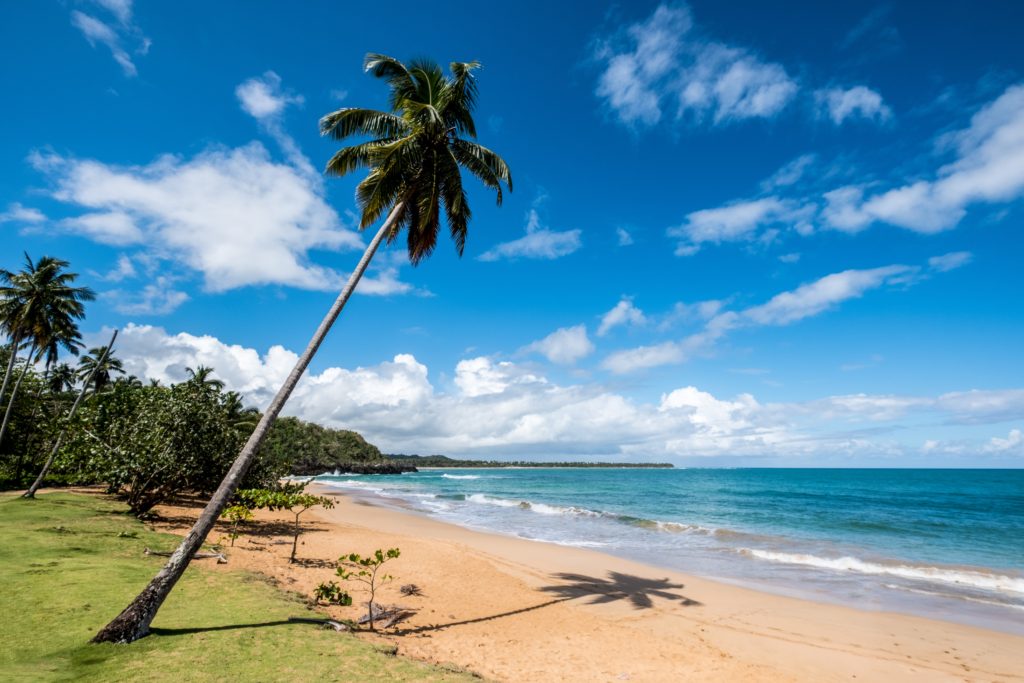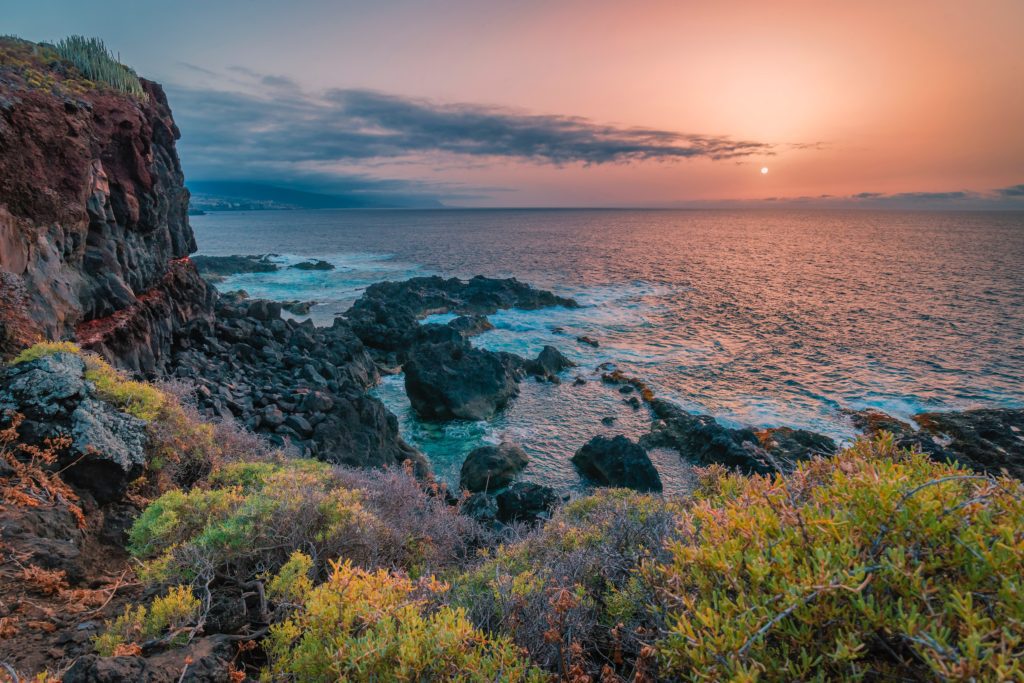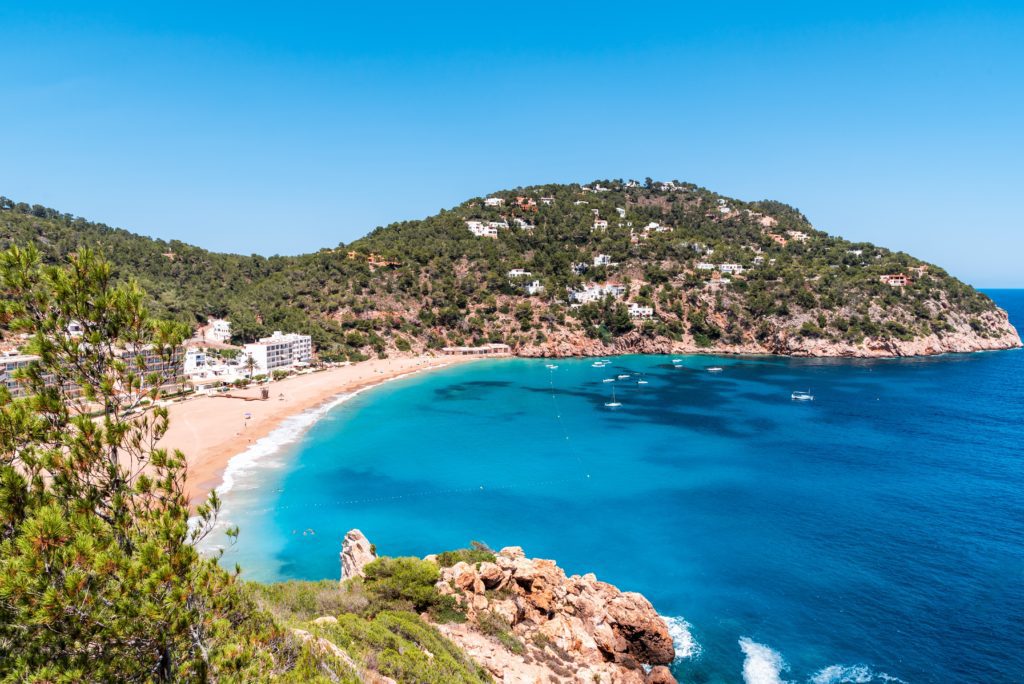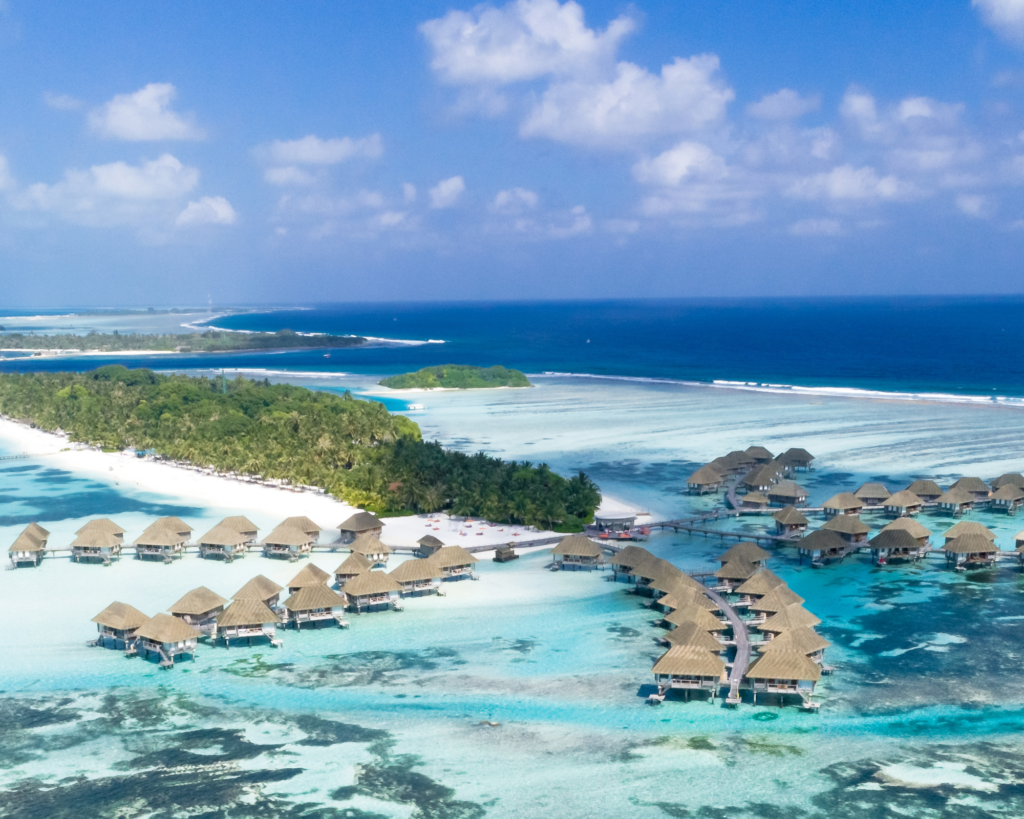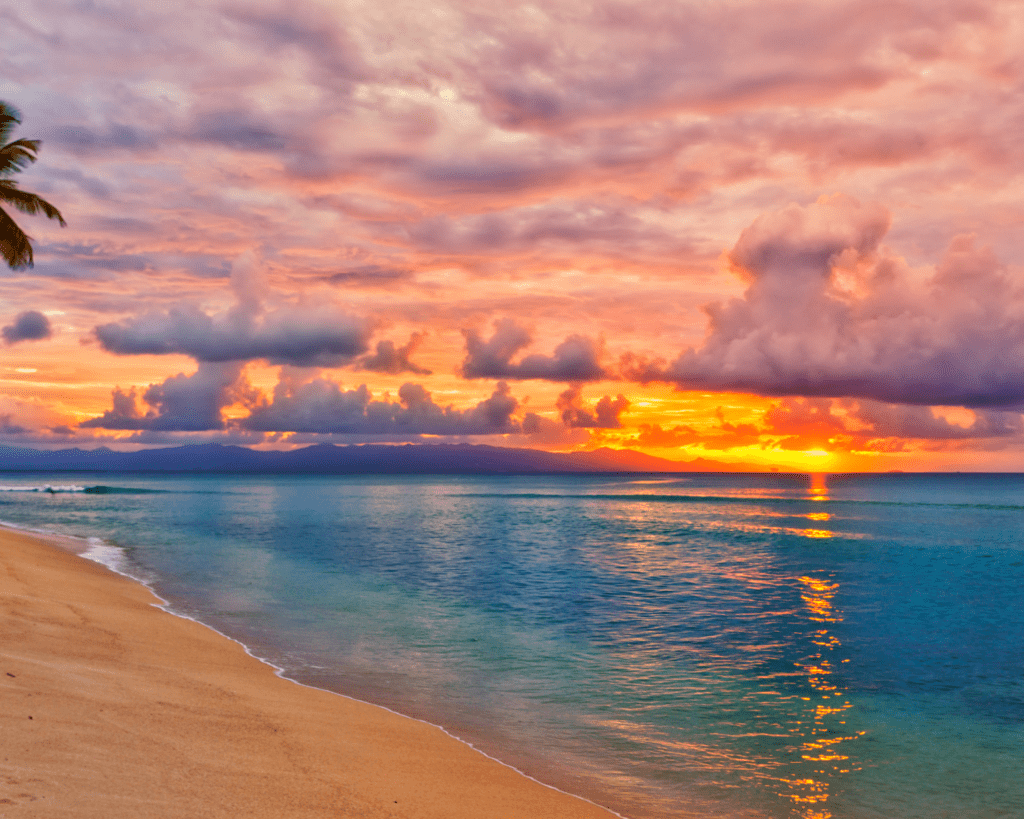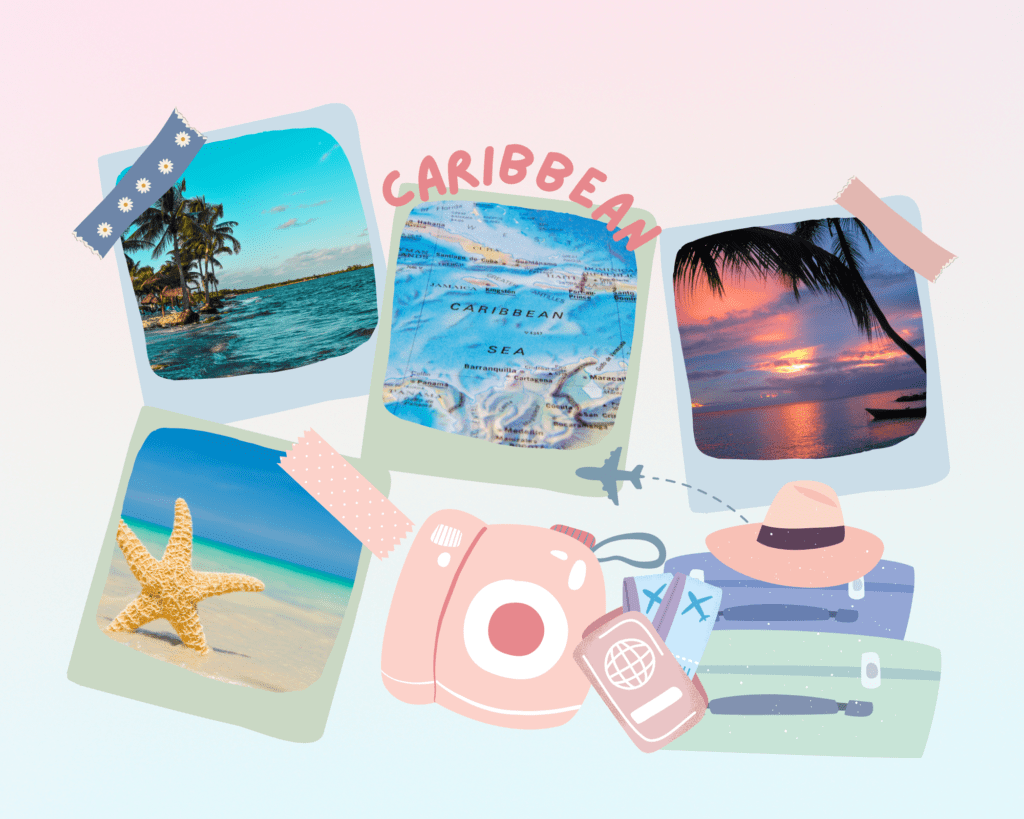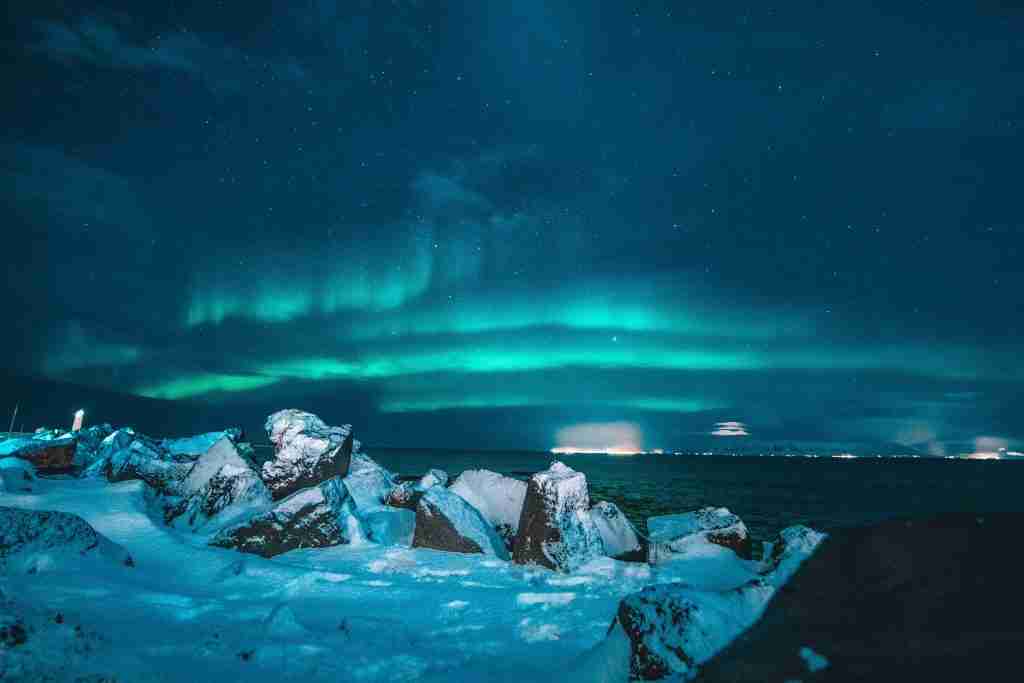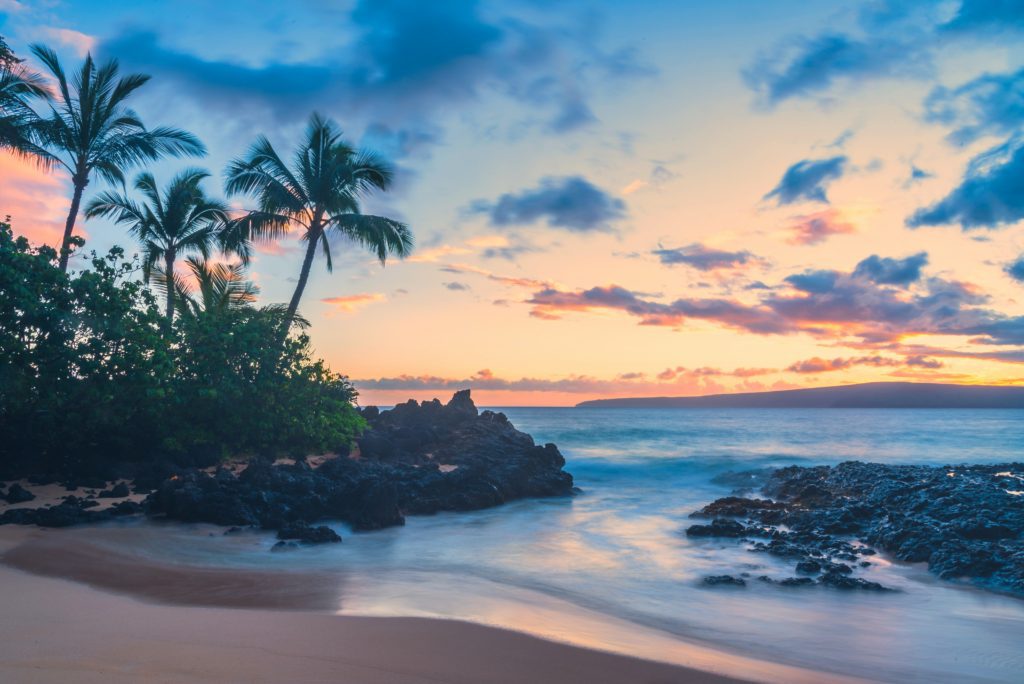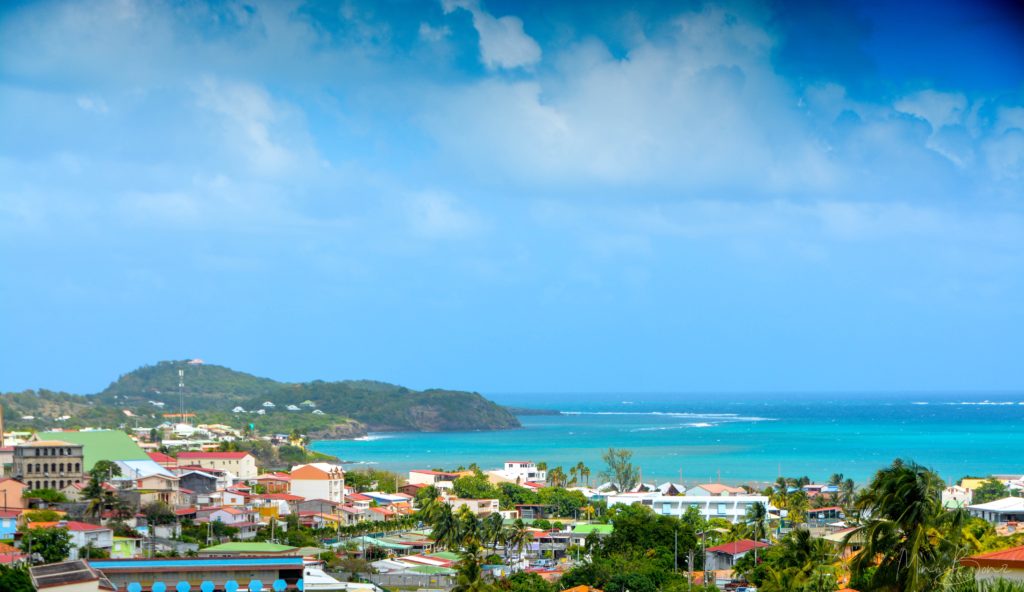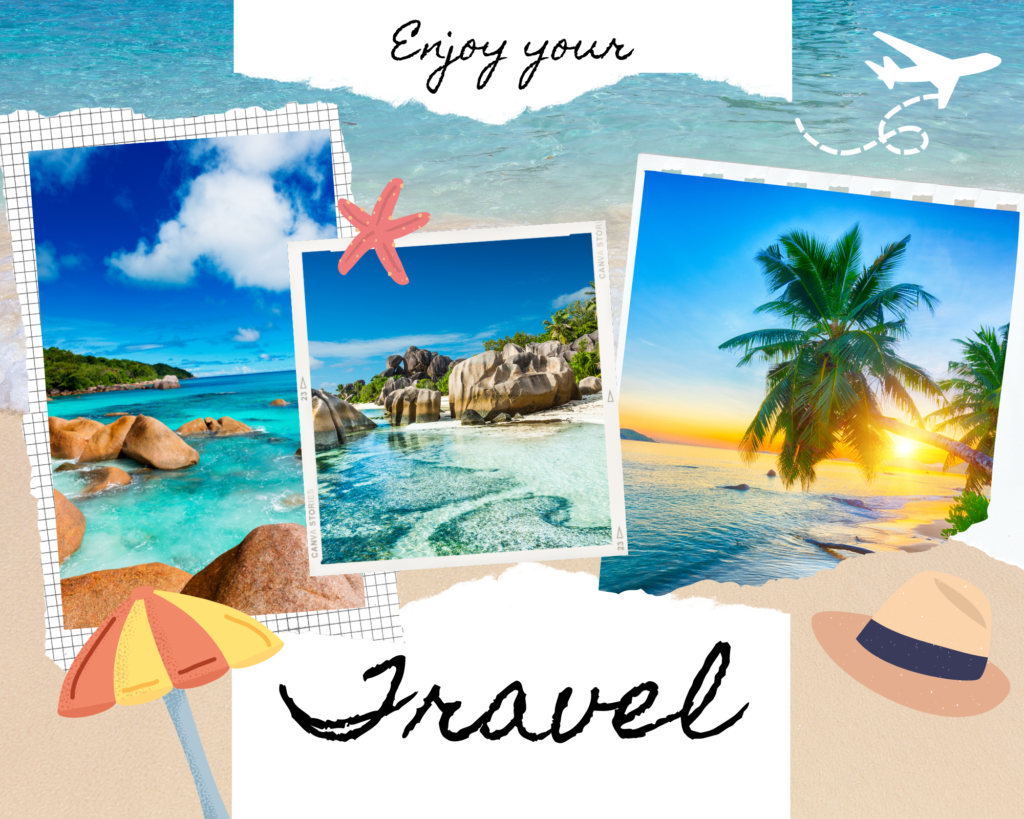
The sight of the sea is like meditation – it relaxes your mind and body. You feel rejuvenated and fresh. According to studies, the sound of the waves calm your soul and the healthy vibes of the island revitalize your heart, brain, and other organs. It awakens the child in you and in turn, you indulge in fun-filled activities.
The islands vacations are incomplete without a scuba-diving or snorkeling experience. The crystal-clear waters will tempt you to take a dip in the sea. Get up close and personal with the rich-marine life; the thrilling moments of this adventurous sport will remain with you forever. You can also pamper yourself at a spa and relax your muscles.
Island trips are quite popular among honeymooners. You can indulge in luxurious accommodations and spoil your partner with choices. Without stepping out of your room, you’ll feel close to the sea. Enjoy in-room dining, savoring scrumptious cuisines with your loved one, and create interesting memories for a lifetime.
Beautiful islands typically evoke images of dreamy turquoise waters, palm trees, and white sand beaches. But that’s not the only thing that makes an island beautiful. Some islands are volcanic, offering black sand beaches and dramatic peaks. Others are all about the cultural experience and historical sites.
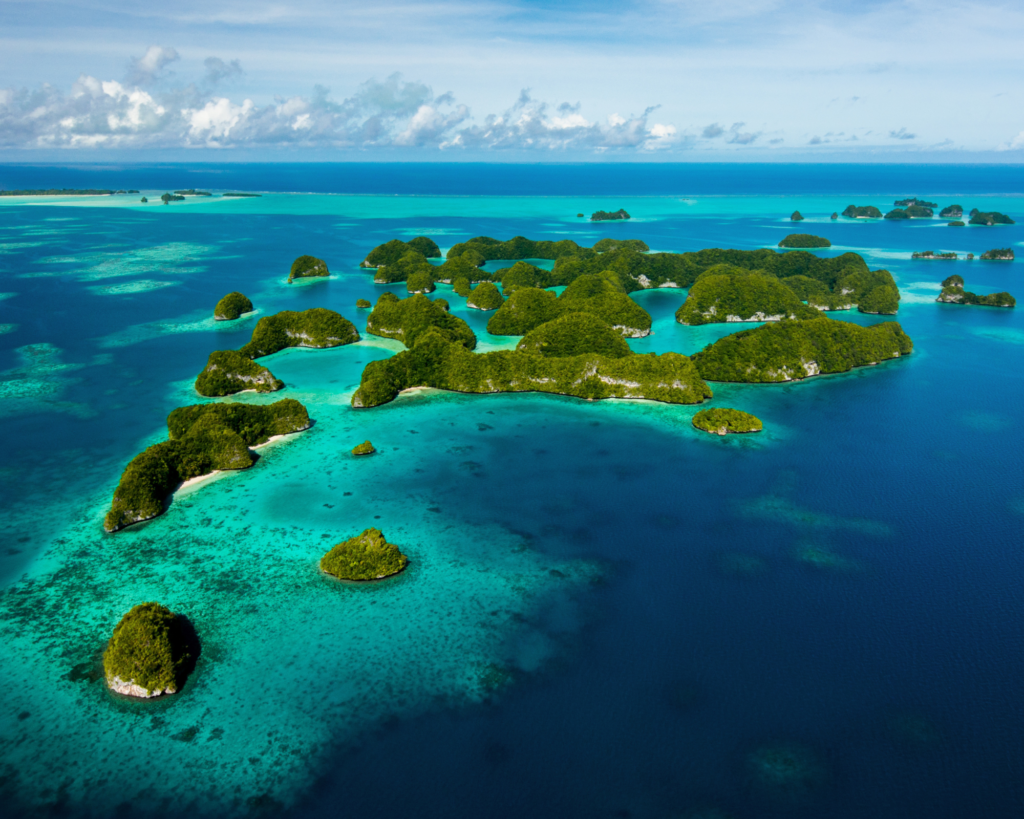
Islands Vacation Deals and Travel Guides
Subscribe to our newsletter
An island (or isle) is an isolated piece of habitat that is surrounded by a dramatically different habitat, such as water. Very small islands such as emergent land features on atolls can be called islets, skerries, cays or keys. An island in a river or a lake island may be called an eyot or ait, and a small island off the coast may be called a holm. Sedimentary islands in the Ganges delta are called chars. A grouping of geographically or geologically related islands, such as the Philippines, is referred to as an archipelago.
The word island derives from Middle English iland, from Old English igland (from ig or ieg, similarly meaning ‘island’ when used independently, and -land carrying its contemporary meaning; cf. Dutch eiland (“island”), German Eiland (“small island”)). However, the spelling of the word was modified in the 15th century because of a false etymology caused by an incorrect association with the etymologically unrelated Old French loanword isle, which itself comes from the Latin word insula. Old English ieg is actually a cognate of Swedish ö and German Aue, and related to Latin aqua (water).[4]

